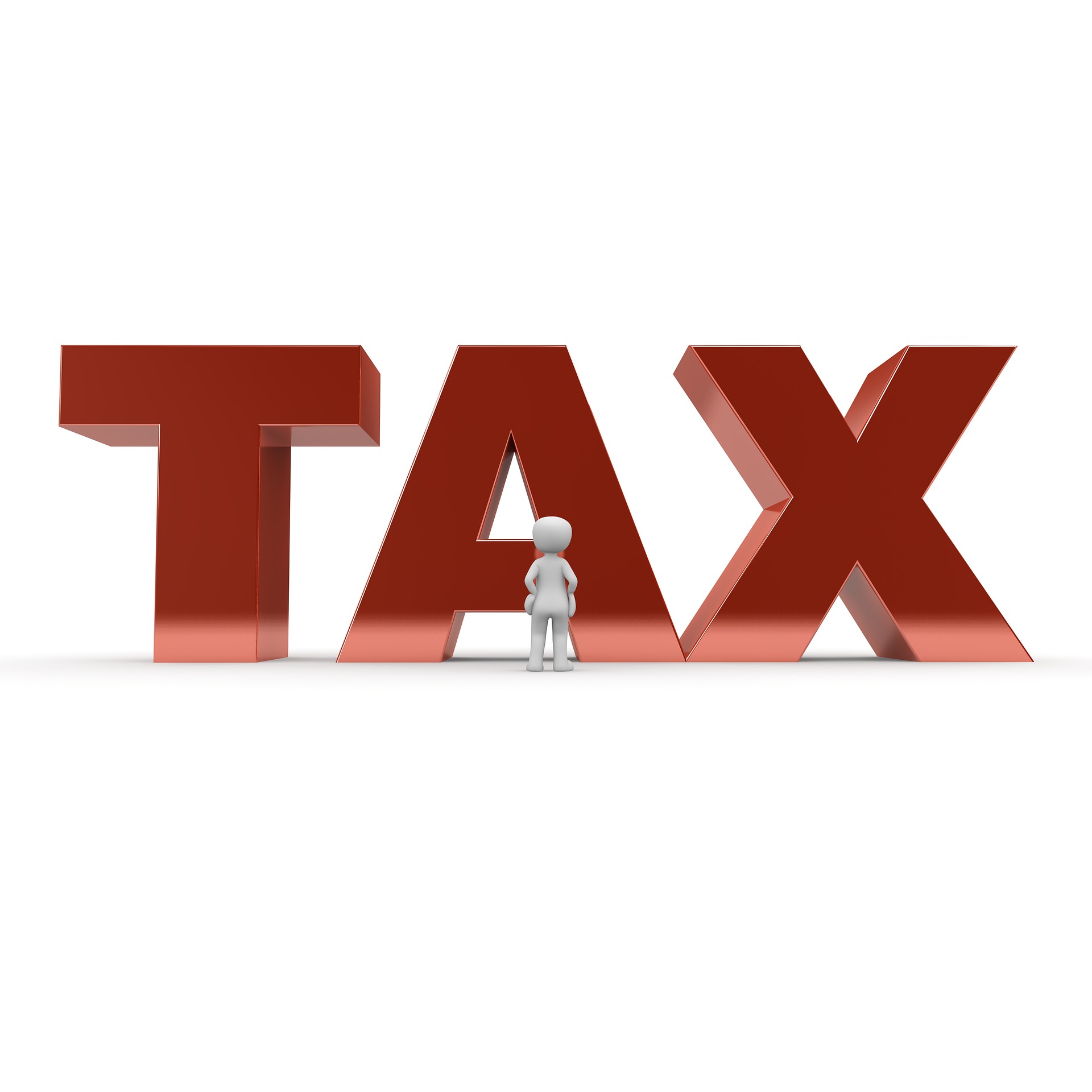
Tax season can be a stressful time for individuals and businesses alike. With deadlines looming and the fear of making costly mistakes, it’s easy to feel overwhelmed. However, understanding and avoiding common tax mistakes can save you time, money, and unnecessary stress. In this article, we’ll explore the five most common tax mistakes people make during tax season and provide actionable tips to help you stay on track.
Whether you’re handling taxes for yourself or your business, having the right knowledge is crucial. For those looking to build expertise in managing taxes effectively, enrolling in a Tax Accounting Course can provide you with the skills and confidence needed to navigate tax season successfully.
1. Missing Deadlines
One of the most frequent mistakes during tax season is missing the deadline to file your taxes. Tax deadlines are strict, and failure to meet them can result in penalties, interest, and other consequences. Whether it’s due to procrastination, a busy schedule, or lack of preparation, missing the deadline can have long-lasting financial implications.
How to Avoid It:
-
Mark tax deadlines on your calendar and set reminders well in advance.
-
Start organizing your financial documents early to avoid last-minute stress.
-
If you anticipate delays, consider filing for an extension. However, note that while this may extend the filing date, any taxes owed will still need to be paid on time.
Being proactive about deadlines can help you stay compliant and avoid unnecessary fees.
2. Incorrect Tax Filing Status
Choosing the wrong tax filing status can lead to inaccurate tax returns and even missed opportunities for deductions. Your filing status determines your tax rate, standard deduction, and eligibility for certain credits.
How to Avoid It:
-
Understand the different filing statuses, including single, married filing jointly, married filing separately, head of household, and qualifying widow(er).
-
If your situation has changed (e.g., marriage, divorce, or dependents), double-check which status applies to you.
-
Consult a tax professional if you’re unsure about which filing status is most beneficial for your circumstances.
By selecting the correct status, you can ensure that you’re not paying more taxes than necessary.
3. Overlooking Tax Deductions and Credits
Many taxpayers miss out on valuable deductions and credits simply because they’re unaware of them. Deductions reduce your taxable income, while credits directly lower the amount of tax you owe. Overlooking these can result in paying more than you need to.
Common Missed Deductions and Credits:
-
Education Expenses: Credits like the Lifetime Learning Credit can help offset educational costs.
-
Home Office Deduction: If you work from home, you may be eligible for this deduction.
-
Medical Expenses: Certain medical costs that exceed a percentage of your income may be deductible.
How to Avoid It:
-
Keep thorough records of expenses throughout the year.
-
Research deductions and credits that apply to your personal or business situation.
-
Consider enrolling in a Tax Accounting Course to gain a deeper understanding of tax laws and learn how to maximize deductions and credits effectively.
Taking advantage of these opportunities can significantly reduce your tax burden.
4. Failing to Report All Income
Another common mistake is failing to report all sources of income. Whether it’s income from a side job, freelance work, or investments, all earnings need to be reported on your tax return. Omitting income can trigger audits, penalties, and interest.
How to Avoid It:
-
Keep a detailed record of all income sources, including wages, freelance payments, dividends, and rental income.
-
Review all relevant tax forms (e.g., P60, P45, self-assessment forms) to ensure nothing is missed.
-
Use accounting software or hire a professional to help track and report income accurately.
Transparency and accuracy in income reporting will help you avoid complications with tax authorities.
5. Not Staying Updated on Tax Law Changes
Tax laws can change frequently, and failing to stay updated can lead to costly errors or missed opportunities for savings. From new deductions to changes in rates, staying informed about tax regulations is essential for filing correctly.
How to Avoid It:
-
Follow news updates and resources related to tax law changes.
-
Work with a tax professional who stays informed about new regulations.
-
Enroll in a Tax Accounting Course to learn the latest rules and best practices for managing taxes.
By staying updated, you’ll ensure compliance and make the most of available tax benefits.
Why a Tax Accounting Course Can Help
Tax mistakes are often the result of a lack of knowledge or understanding. Whether you’re an individual looking to manage your own taxes or a professional seeking to enhance your skills, a structured Tax Accounting Course can make a significant difference.
Here’s what you’ll gain:
-
Comprehensive Knowledge: Learn the fundamentals of tax accounting, including compliance, deductions, and reporting.
-
Practical Skills: Understand real-world applications through case studies and practical exercises.
-
Career Opportunities: Enhance your resume with specialized skills in tax accounting, a field in high demand.
-
Financial Confidence: Gain the tools to manage your personal or business taxes efficiently and accurately.
Investing in a course not only helps you avoid mistakes but also empowers you to make smarter financial decisions.
Conclusion
Avoiding common tax mistakes is essential for ensuring a smooth and stress-free tax season. By staying organized, informed, and proactive, you can reduce the risk of errors and even identify opportunities for savings. Whether you’re an individual or a business owner, learning the intricacies of tax accounting can make all the difference.
For those who want to deepen their understanding and take control of their finances, a Tax Accounting Course is a valuable investment. By mastering tax concepts and staying up-to-date with regulations, you’ll be well-prepared to tackle tax season confidently and efficiently.
Start making smarter tax decisions today and avoid the mistakes that can cost you time and money!